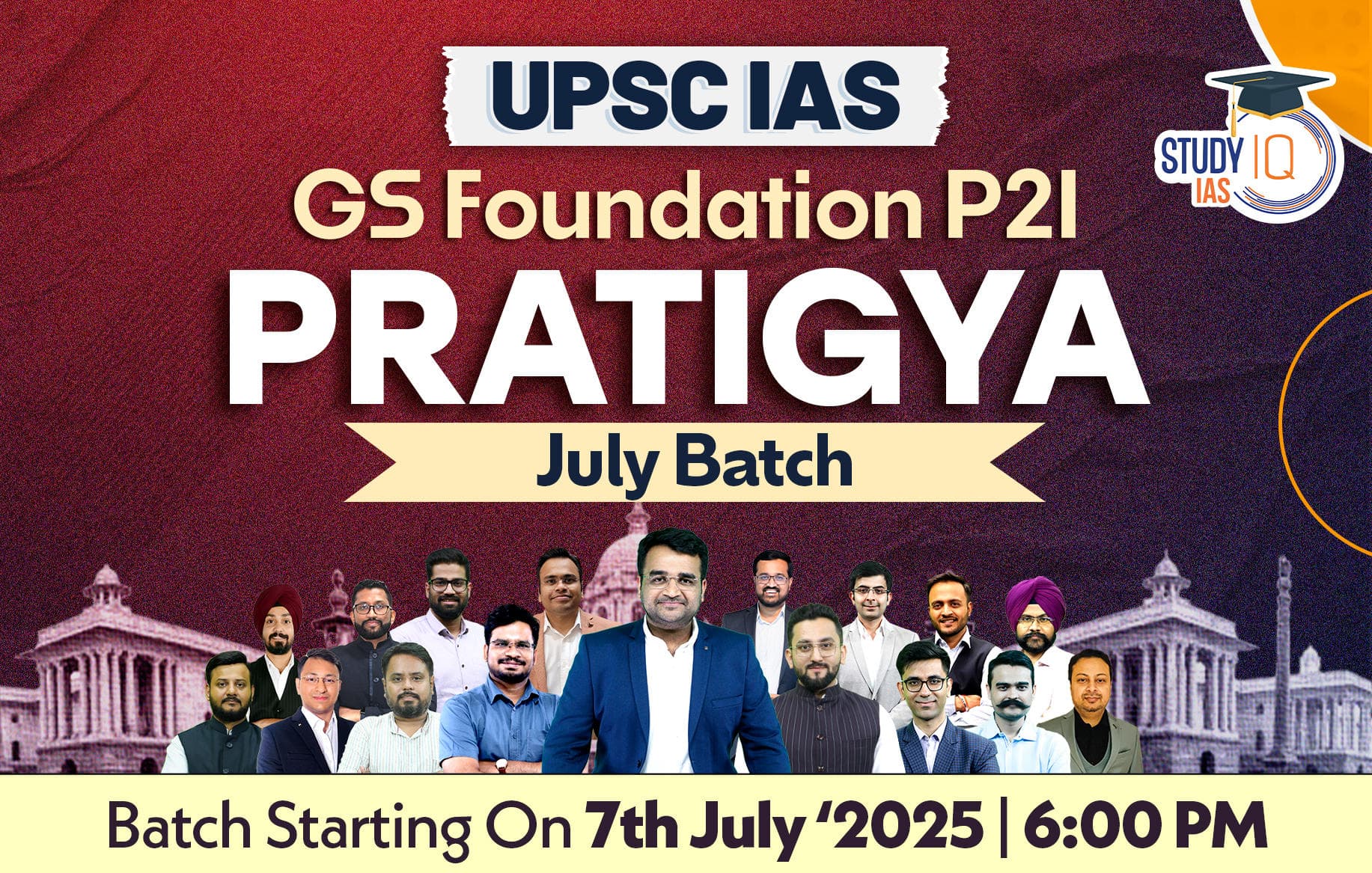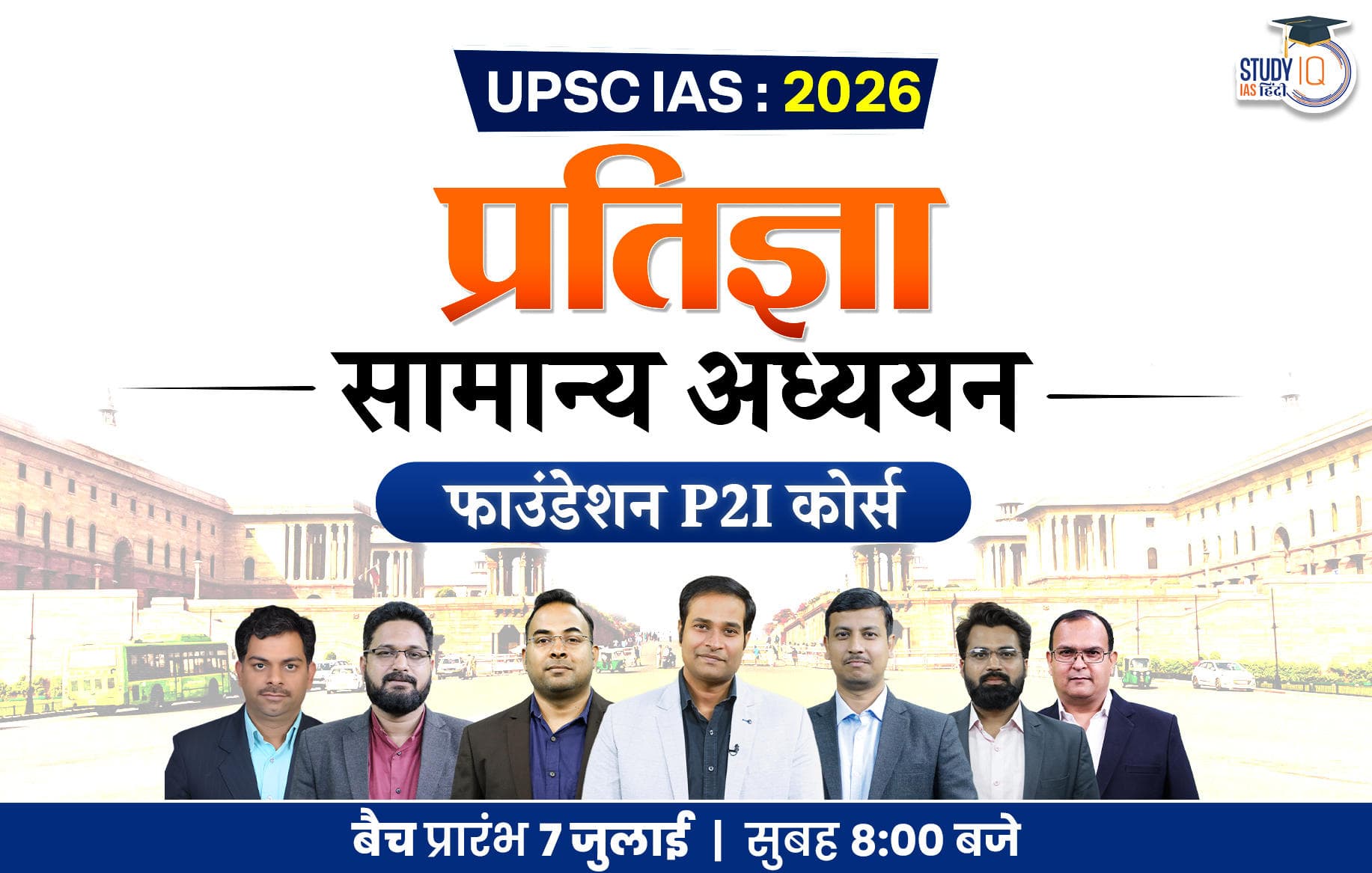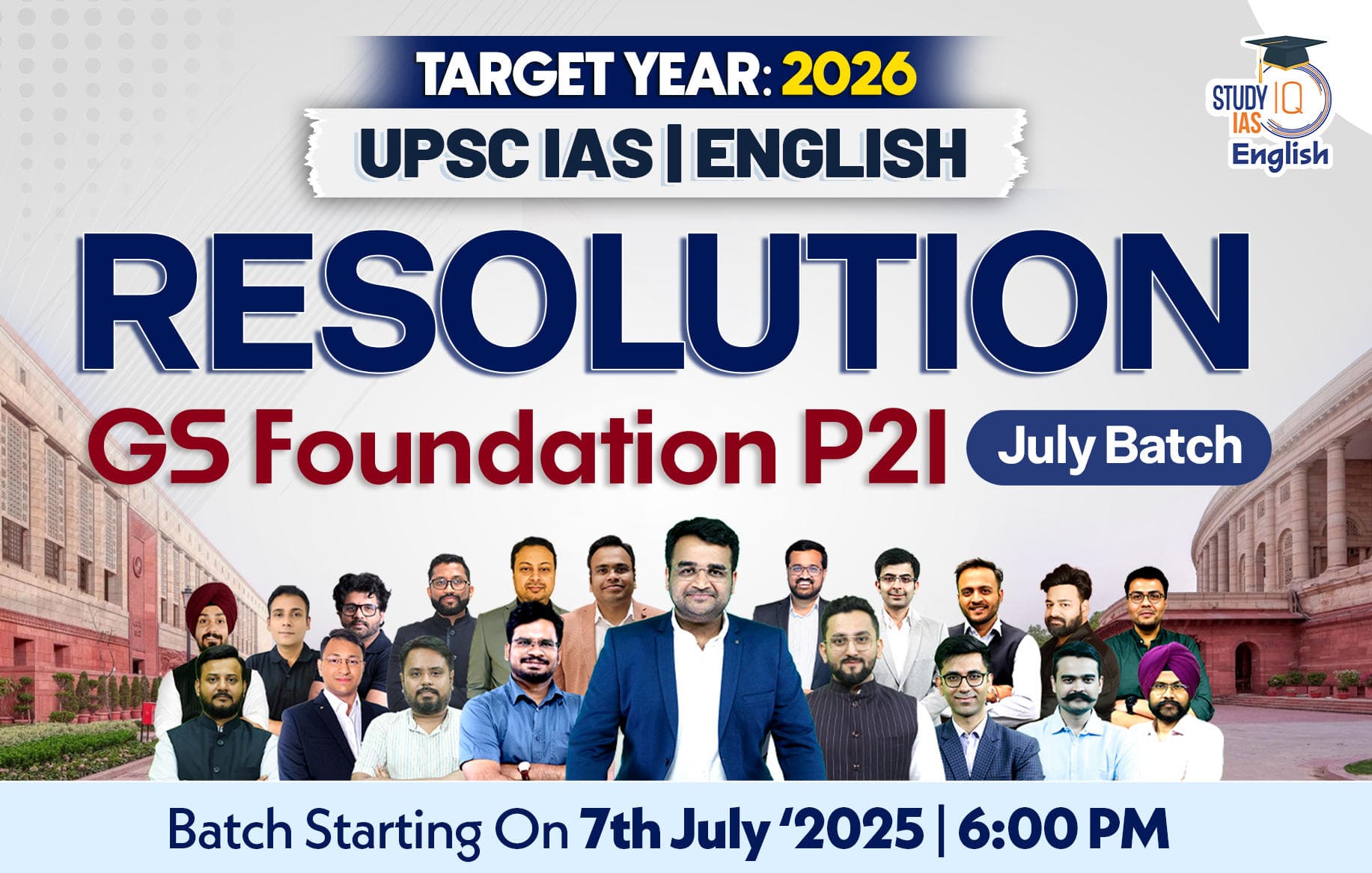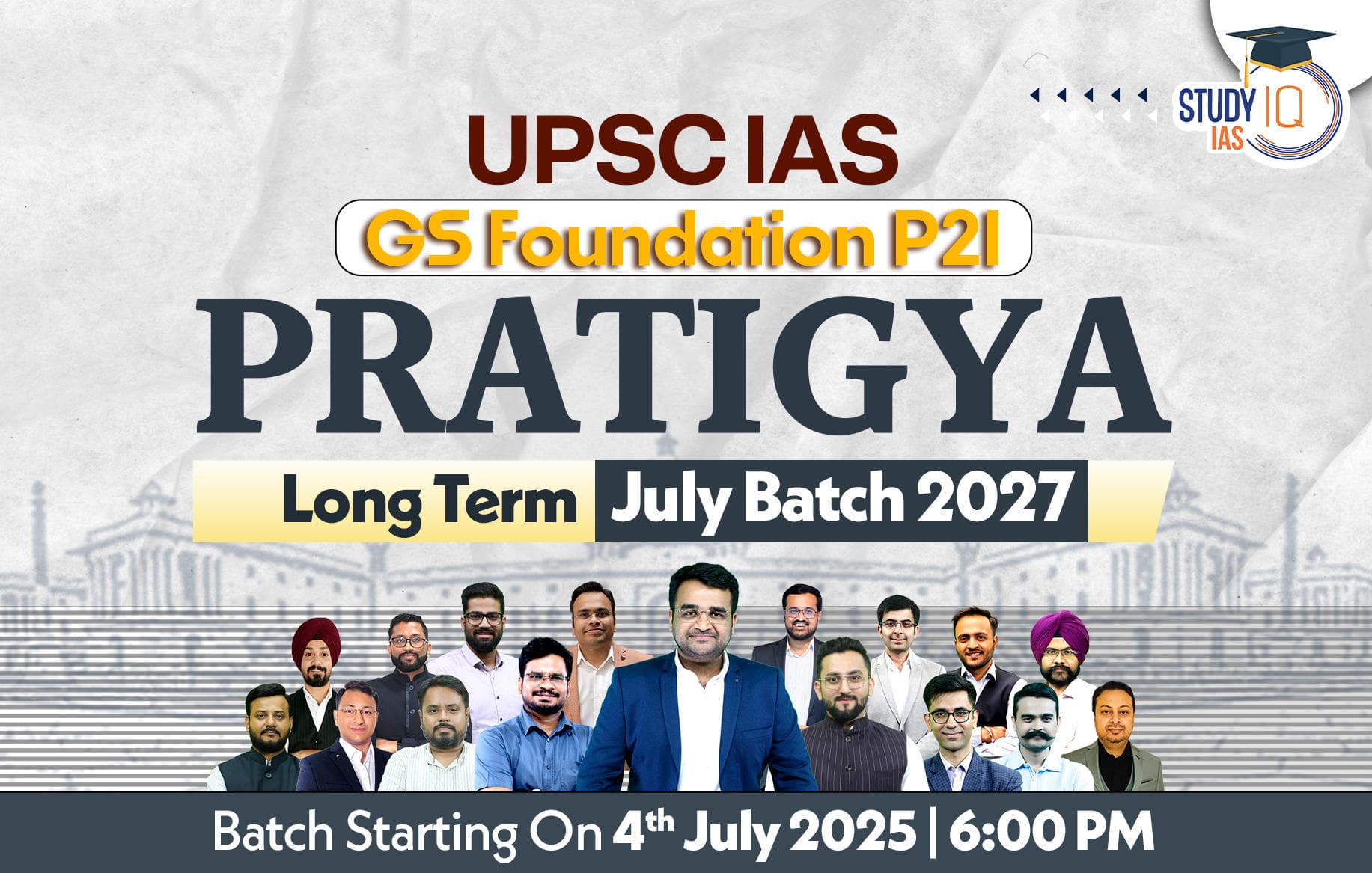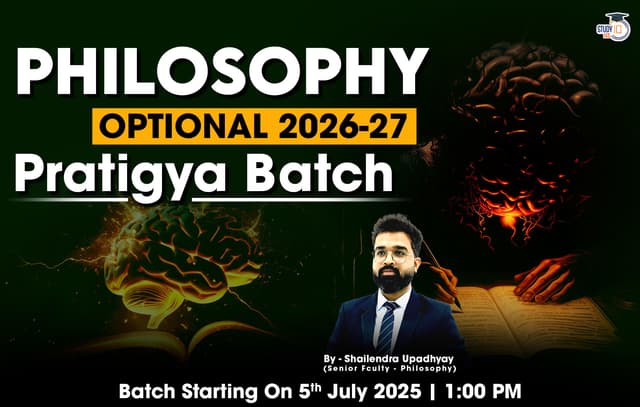Table of Contents
Representation of Peoples Act, 1951
The Representation of the People Act 1951 is an important Indian law that regulates elections. It sets rules for who can vote and who can run for office, as well as how elections should be conducted. This law has been changed many times to keep up with new political needs. Key points include voter eligibility, candidate qualifications, election conduct, and how to challenge an election result.
The Representation of the Peoples Act 1951 is an important part of Indian Polity which is an important subject in UPSC Syllabus. Students can also go for UPSC Mock Test to get more accuracy in their preparations.
Representation of Peoples Act, 1951 History
Only the distribution of seats within and the definition of constituencies for elections to the House of People and State legislatures, the requirements for voters in such elections, and the construction of electoral rolls were covered by the Representation of the People Act of 1950. Not all election-related provisions were included. The specifics of the actual selection process for the Houses of Parliament and the House or Houses of the Legislature of each State, the qualifications and exclusions for membership in these Houses, corrupt practices and other election offenses, and the handling of election-related disputes were not covered. To include these requirements, the Representation of the People Act of 1951 was passed.
Representation of Peoples Act, 1951 Feature
A person who has been found guilty of a crime and received a jail term of at least two years is ineligible starting on the day of their conviction and for a further six years after they are released. There is a clause that allows for the appointment of a district election officer to preside over polling places. if the election commission is satisfied, disqualification for corrupt behavior, dismissal for corruption or disloyalty, or failure to submit an election expenditure account.
Every political party may take whatever amount of contributions offered to it by any individual or company other than a government company, which is another significant aspect of the Representation of Peoples Act. Additionally, no political party shall be allowed to take any donations from abroad.
In addition to winning four Lok Sabha seats from any state or all of the states, a party is recognized as a national party if it receives 6% of the legitimate votes in four or more states during a general election or election to a state legislative assembly. If a party obtains two seats in the Legislative Assembly and receives 6% of the valid votes cast in the general election for the state legislative assembly, it is recognized as a state party. According to RPA 1951, the High Court has the authority to hear an election petition.
Also Read: Representation of People Act, 1950
Representation of Peoples Act of 1951 Important Aspects
- Elections to either or both Houses of the Legislative Assembly in each state, as well as elections to both Houses of Parliament.
- Specifics of the administrative system that was employed to carry out the elections
- The inclusion criteria for each residence and options for people who don’t fit the criteria.
- Corruption-related crimes and other offences committed during or in connection with such elections or actions taken in relation to them.
- There is some connection between them and the resolution of issues and disputes that have arisen as a direct result of such elections.
- Elections are held for posts where a seat is currently vacant.
The Representation of People Act 1951
The Representation of the People Act, 1951 includes rules for various electoral matters:
- Qualifications and Disqualifications: Sets the criteria for who can be a member of Parliament and State Legislatures.
- Election Notifications: Covers the announcement of general elections.
- Election Administration: Establishes the framework for conducting elections.
- Political Party Registration: Provides guidelines for registering political parties.
- Conduct of Elections: Details procedures for elections, including candidate nominations, polling, vote counting, and publishing results.
- Support for Candidates: Ensures recognized parties receive certain materials for free.
- Election Disputes: Addresses issues related to election disputes and corrupt practices.
- Election Commission Powers: Grants the Election Commission authority to investigate member disqualifications.
- Bye-elections: Outlines rules for filling vacancies.
- Miscellaneous Provisions: Includes various other election-related rules and limits civil court involvement.
The Act also specifies procedures for handling election petitions, including their presentation, trial, and appeals to the Supreme Court.
Representation of Peoples Act 1951 Offences
The following are the violations of the Representation of Peoples Act: promoting class division in relation to elections based on language, caste, community, race, or religion, Public gatherings during the 48 hours following the scheduled end of the voting in any election, and the sale, gift, or distribution of alcoholic beverages on Election Day.
The crime is similar to booth capturing. It also includes taking ballots from voting booths, which is against the Representation of the People Act. If a government employee acts as a polling agent for a candidate, it’s a violation. Other offenses include not doing official election duties and breaking rules or orders from the presiding officer at the polls.
Issues with the Election Commission of India:
- Staff Shortage: The Election Commission lacks enough independent staff, relying on others to run elections, which disrupts its effectiveness.
- No Spending Limits for Parties: While candidates must keep track of their election expenses, political parties do not have to follow the same rules.
- Misuse of Resources: There are no clear rules against using government resources for political gain, which gives the ruling party an unfair advantage and misuses public funds.
- Past Electoral Malpractice: In 1975, Indira Gandhi was found guilty of election misconduct and was banned from office for six years.
- Lack of Transparency: Candidates often fail to fully disclose their assets and liabilities, despite legal requirements.
- Dependence on the Government: The Election Commission, although constitutionally established, relies on the government for funding, limiting its independence.
Representation of Peoples Act 1951 UPSC
In regards to any matters relating to elections, the Election Commission of India has substantially more authority than the government does when elections are taking place. The Representation of the People Act of 1951 complies with the requirements or regulations set forth in Article 327. The only requirement is that the relevant authorities possess the appropriate degree of resolve and honesty, at which point they will be provided with the tools necessary to conduct free and fair elections. Both the UPSC Prelims and the Mains exams of General Studies Paper 2 of Indian Polity need knowledge of the Representation of Peoples Act, or RPA 1951 UPSC topic, and its Amendments, such as RPA 1966, 2002, 2010, etc. Students can read all the details related to UPSC by visiting the official website of StudyIQ UPSC Online Coaching.

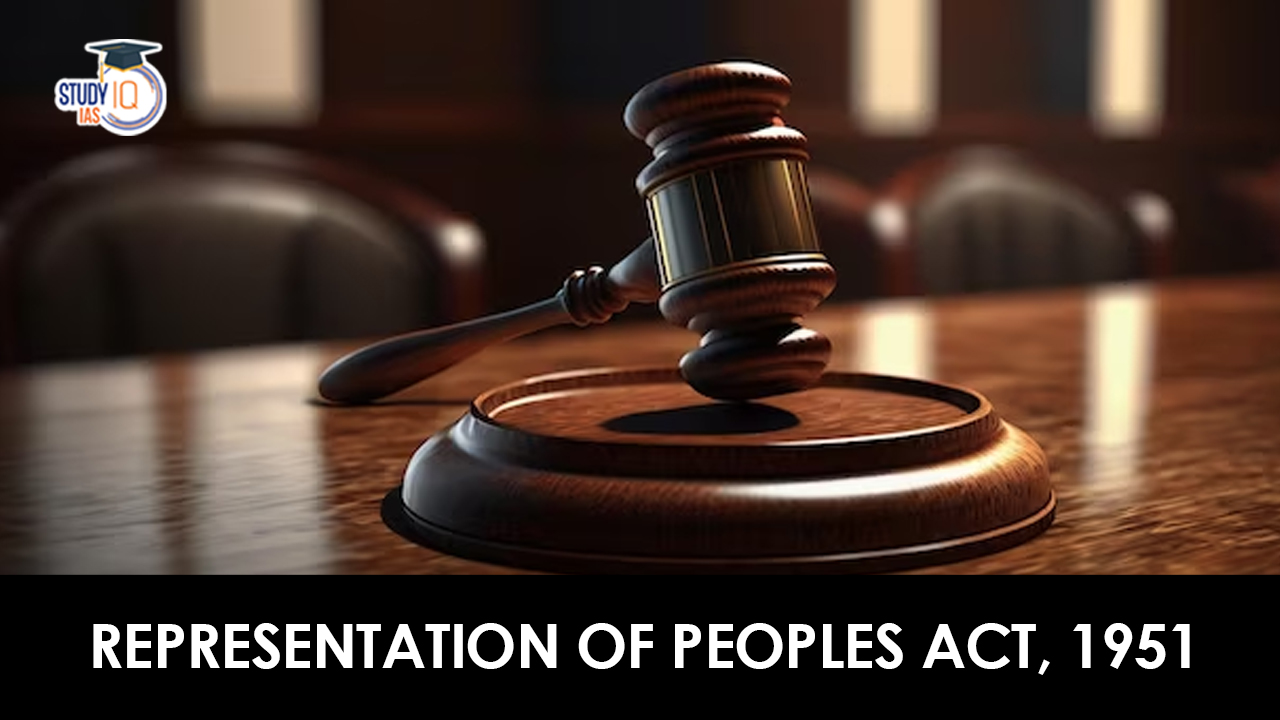
 Phone-tapping in India, Legal Framework ...
Phone-tapping in India, Legal Framework ...
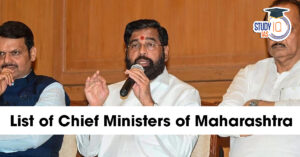 List of Chief Ministers of Maharashtra F...
List of Chief Ministers of Maharashtra F...
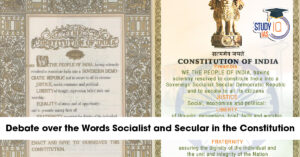 Indian Secularism: Constitutional Provis...
Indian Secularism: Constitutional Provis...

